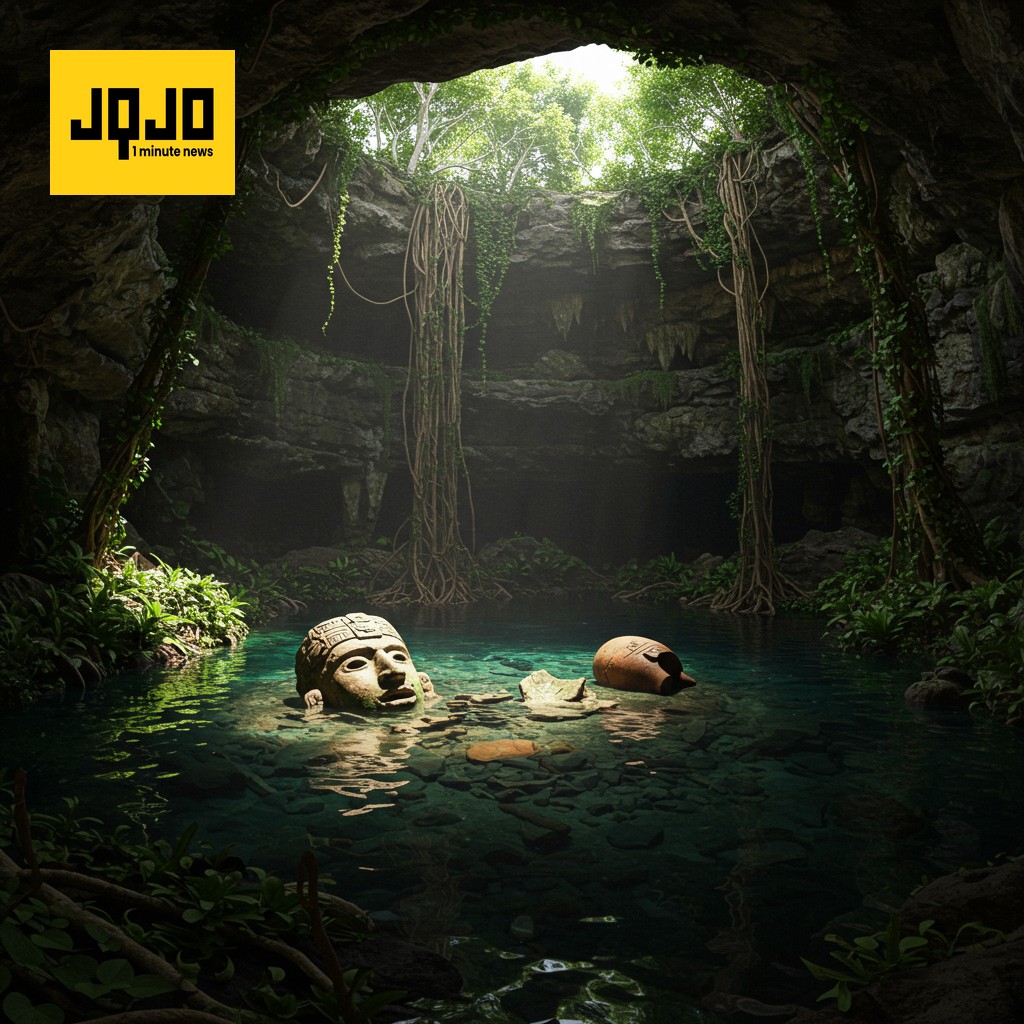
Mayan Collapse Linked to Extreme Droughts
Research led by the University of Cambridge reveals that severe droughts, particularly a 13-year drought between 871 and 1021 CE, significantly contributed to the collapse of the Mayan civilization. Analysis of stalagmites from a Yucatán cave provided unprecedented detail on wet-season droughts, surpassing previous studies using lake sediments. These droughts coincided with the abandonment of major Mayan cities and a decline in political activity, offering a clearer understanding of the interplay between climate and societal upheaval during the Terminal Classic period. The findings highlight the limitations of Mayan water management techniques in the face of prolonged drought.
Reviewed by JQJO team
#mayan #civilization #mexico #archaeology #yucatn
Comments